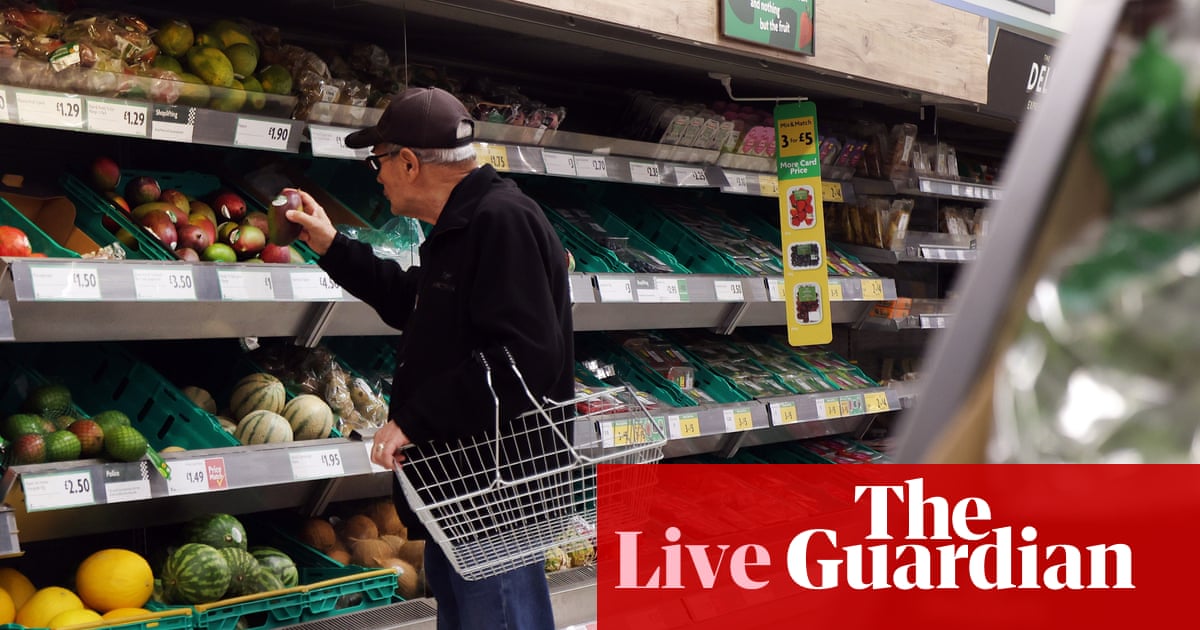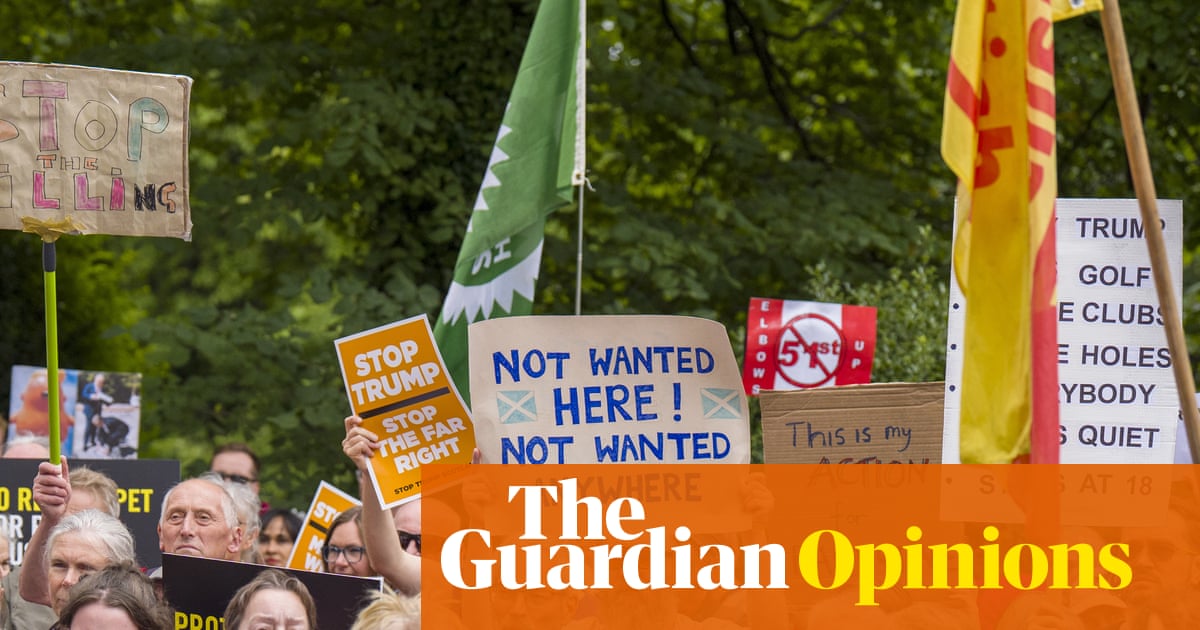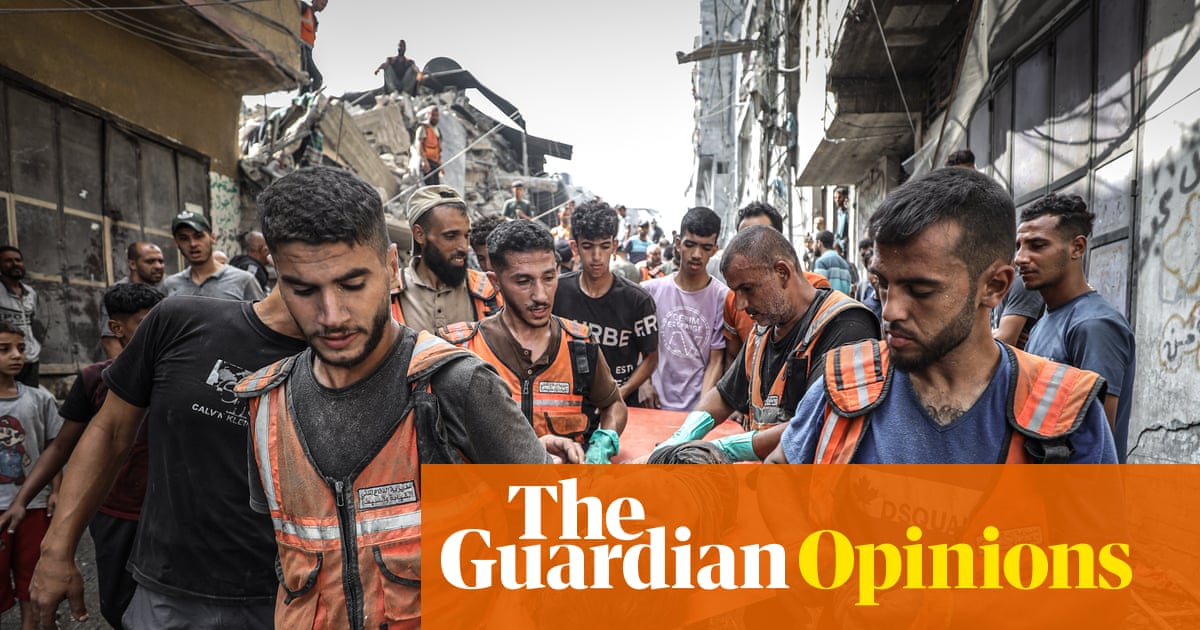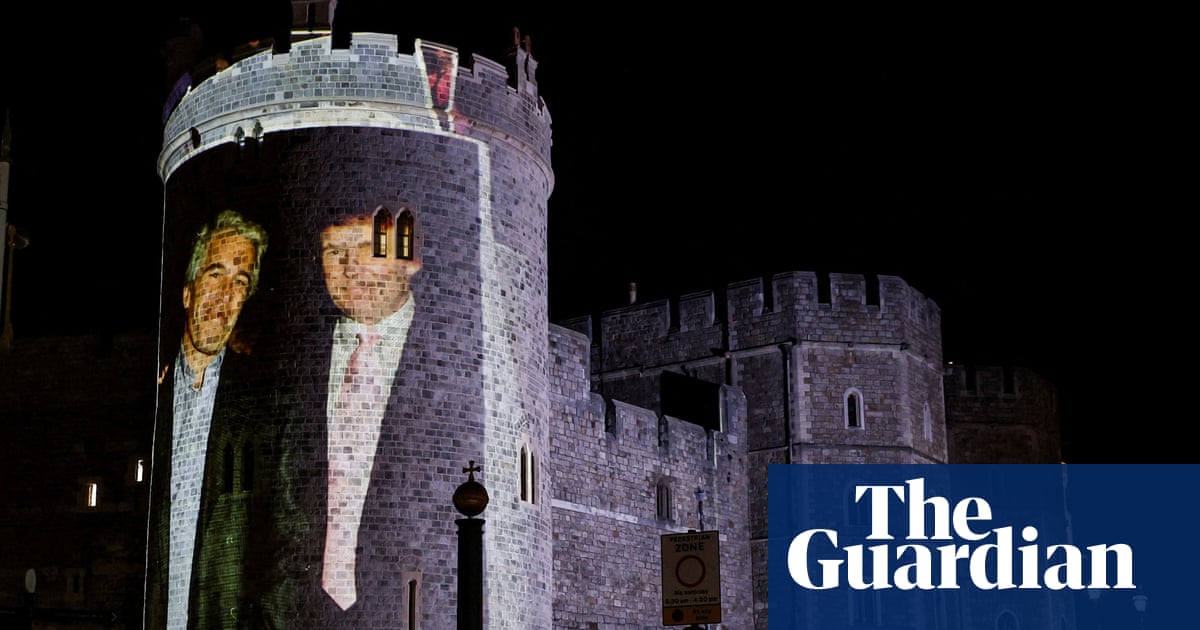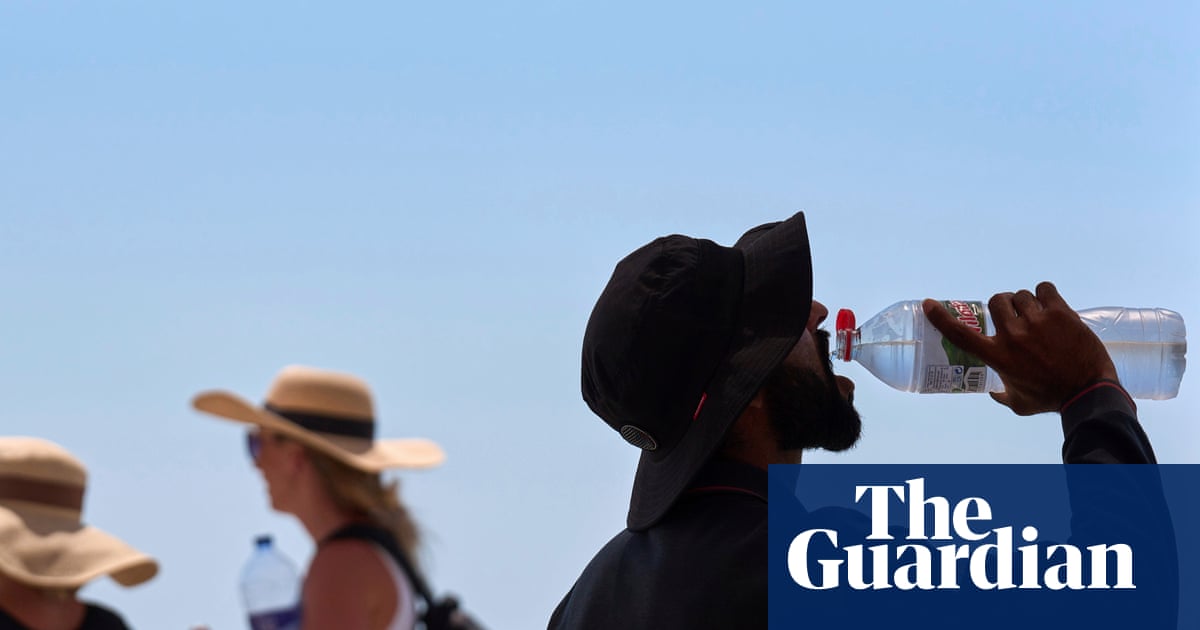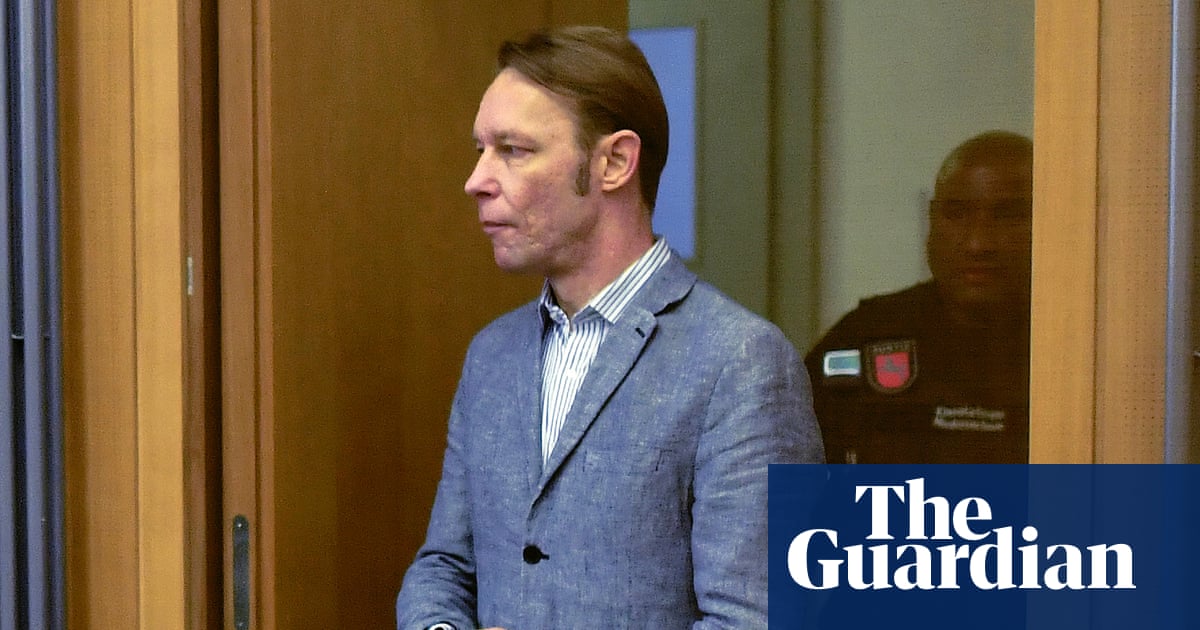Keir Starmer has called Israel’s recent actions in Gaza “appalling, counterproductive and intolerable”, as the UK government comes under mounting pressure to take stronger action after the killings of dozens of civilians at food points in recent days.
The prime minister told MPs on Wednesday the UK was considering imposing sanctions on members of the Israeli government, but is so far resisting growing calls for a complete ban on arms sales and immediate recognition of Palestine.
Starmer was speaking after several attacks at food distribution hubs in recent days left dozens of people dead and hundreds more injured.
The attacks prompted British aid charities to step up calls for urgent humanitarian and political action, and the head of the International Committee of the Red Cross (ICRC) described conditions in Gaza as “worse than hell on earth”.
With protests taking place outside the Commons and growing unease from MPs inside it, Starmer said: “Israel’s recent action is appalling and, in my view, counterproductive and intolerable.”
He added: “We will keep looking at further action, along with our allies, including sanctions, but let me be absolutely clear: we need to get back to a ceasefire, we need the hostages, who have been held for a very long time, to be released, and we desperately need more aid, at speed and at volume, into Gaza, because it is an appalling and intolerable situation.”
The ICRC president, Mirjana Spoljaric, said what was happening in Gaza surpassed “any acceptable legal, moral and humane standard” that “humanity was failing” and that the Palestinian people had been “stripped of human dignity”.
Oxfam UK said conditions in Gaza had reached a “level of inhumanity that is inconceivable in modern times”. It said there was a “massive disconnect” between public despair at events in Gaza and what it called the “complacency” of political leaders.
Oxfam UK’s chief executive, Halima Begum, said: “It is beyond comprehension that aid distribution points should be turned into killing fields.”
The Foreign Office minister Hamish Falconer said later on Wednesday that if Israel did not cease “the renewed military offensive and lift its restrictions on humanitarian aid, we will take further concrete actions in this place”. He added: “I will not say from the dispatch box today when that might be.”
Falconer was confronted on Wednesday by angry MPs from multiple parties demanding stronger British action on sanctions, weapons sales and Palestinian recognition. Dozens of Labour and Tory MPs have recently signed letters to the prime minister calling for Palestine to be recognised immediately but have so far not received a response.
Paula Barker, a Labour backbencher, asked: “What more evidence do we need to call this exactly what it is – a deliberate policy of annexation and genocide?”
Kit Malthouse, a Conservative MP, said: “We’re all, frankly, getting a bit fed up with the theatrics in this chamber. And, if I’m honest with the minister, it feels like the whole house is being played. He shows up, he mouths the words full of condemnation and being appalled, and very occasionally, the government leaks out just enough sanctions, frankly, I’m afraid, to keep the Labour benches from open revolt.”
Malthouse’s Tory colleague Jeremy Wright added: “I now believe it’s necessary for the UK, hopefully, in conjunction with others, to recognise the state of Palestine. Why has it not yet?”
The former Labour leader Jeremy Corbyn successfully passed a bill calling for an independent inquiry into British involvement in Israeli military action in Gaza. The inquiry is unlikely ever to happen, however, because the government will not support a substantive vote that would enable one to be set up.
While MPs were debating in the Commons chamber, dozens of protesters gathered outside, one of whom was arrested after an altercation with a police officer at the gates of parliament.
Falconer confirmed to MPs that the government was reconsidering its position on Palestinian statehood, and that ministers were open to the idea of immediate recognition.
Government sources said one option wa to make an announcement at or after a UN conference later this month being hosted by France and Saudi Arabia to talk about a two-state solution. The government is keen to secure compromises in exchange, including an agreement by Hamas to leave Gaza entirely.
On arms sales, ministers have already cancelled licences for many of the weapons Britain used to sell to Israel, saying it would only export “defensive” arms in the future. The Guardian revealed last month that British companies had managed to export thousands of military items to Israel, including munitions.
Meanwhile, ministers are fighting a legal case to be allowed to continue making spare parts for American-made F-35s, which are used by Israel but also by many Nato allies. They argue that stopping such sales could harm other non-Israeli partners.
The ICRC, which is in effect the guardian of the Geneva conventions governing the conduct of war, is carefully diplomatic in its dealings with warring parties and normally does not speak publicly about convention violations.
However, Spoljaric told the BBC in an interview that Israel’s current actions in Gaza amounted to a “hollowing out” of international law and not enough was being done by to end the war, stop Palestinian suffering and release Israeli hostages.
She highlighted the level of destruction and suffering in Gaza, and said the world was “watching a people being entirely stripped of its dignity” and this “should really shock our collective conscience”.
She added: “State leaders are under an obligation to act. I’m calling on them to do something, and to do more, and do what they can, Because it will reverberate, it will haunt them, it will reach their doorsteps.”
On Tuesday the ICRC reported that its Rafah field hospital in southern Gaza, which is close to a food distribution site, had received 184 patients in what it called a “mass casualty influx.” It said 19 patients were dead on arrival, the majority with gunshot wounds. Eight more died from their wounds.

 3 months ago
97
3 months ago
97
